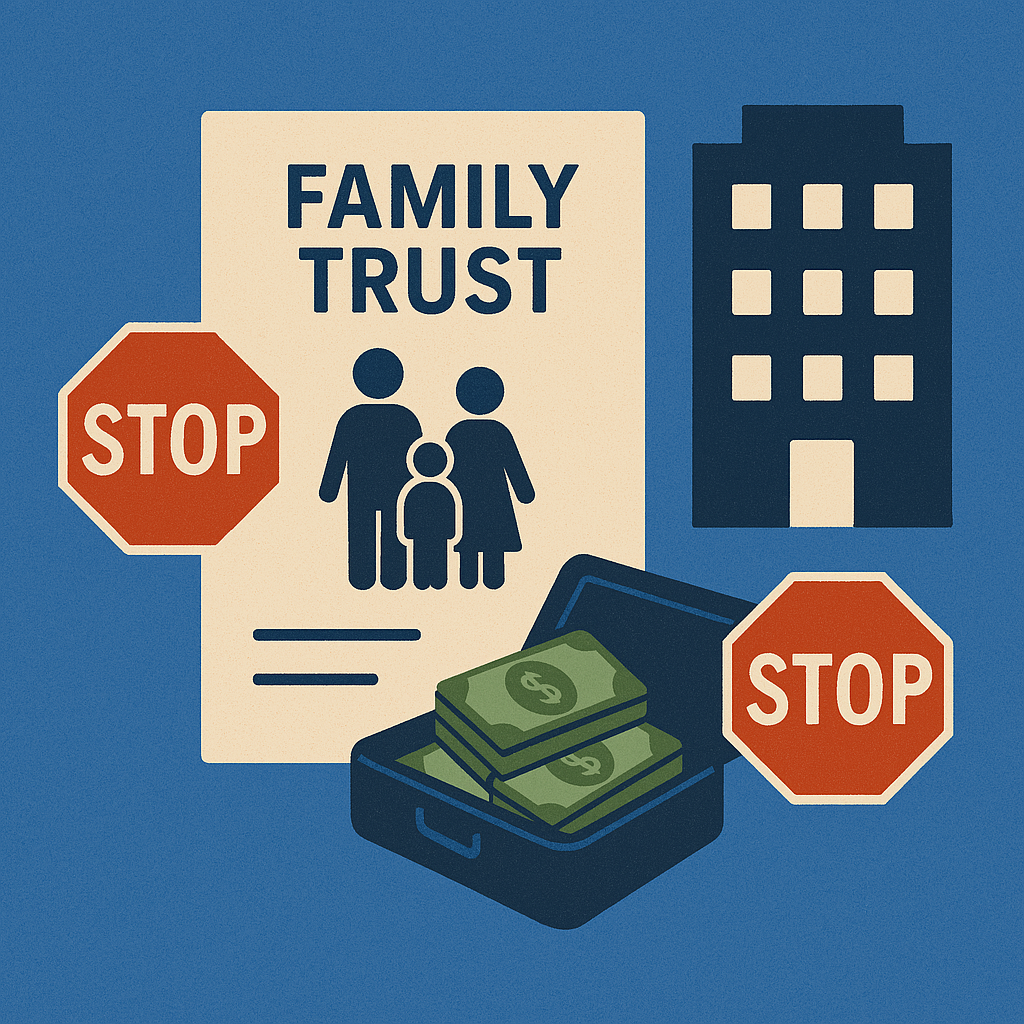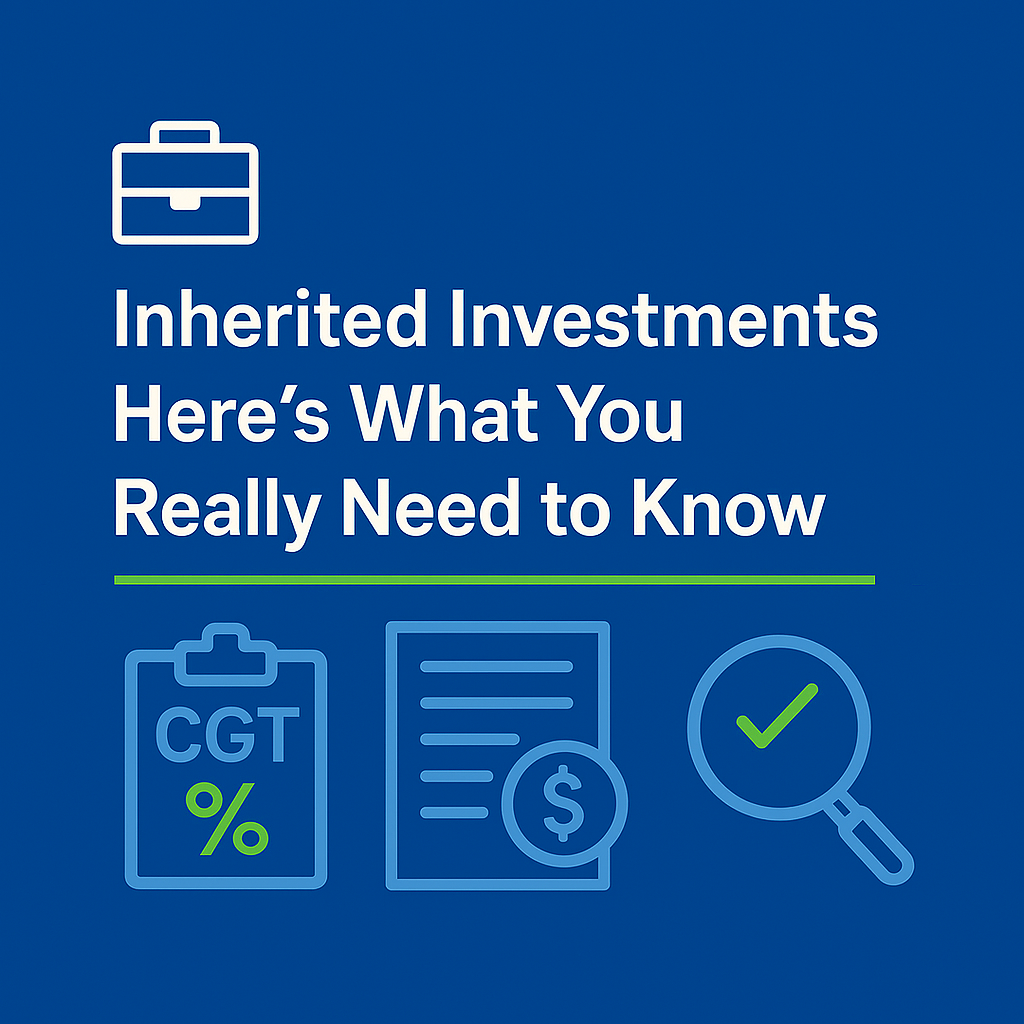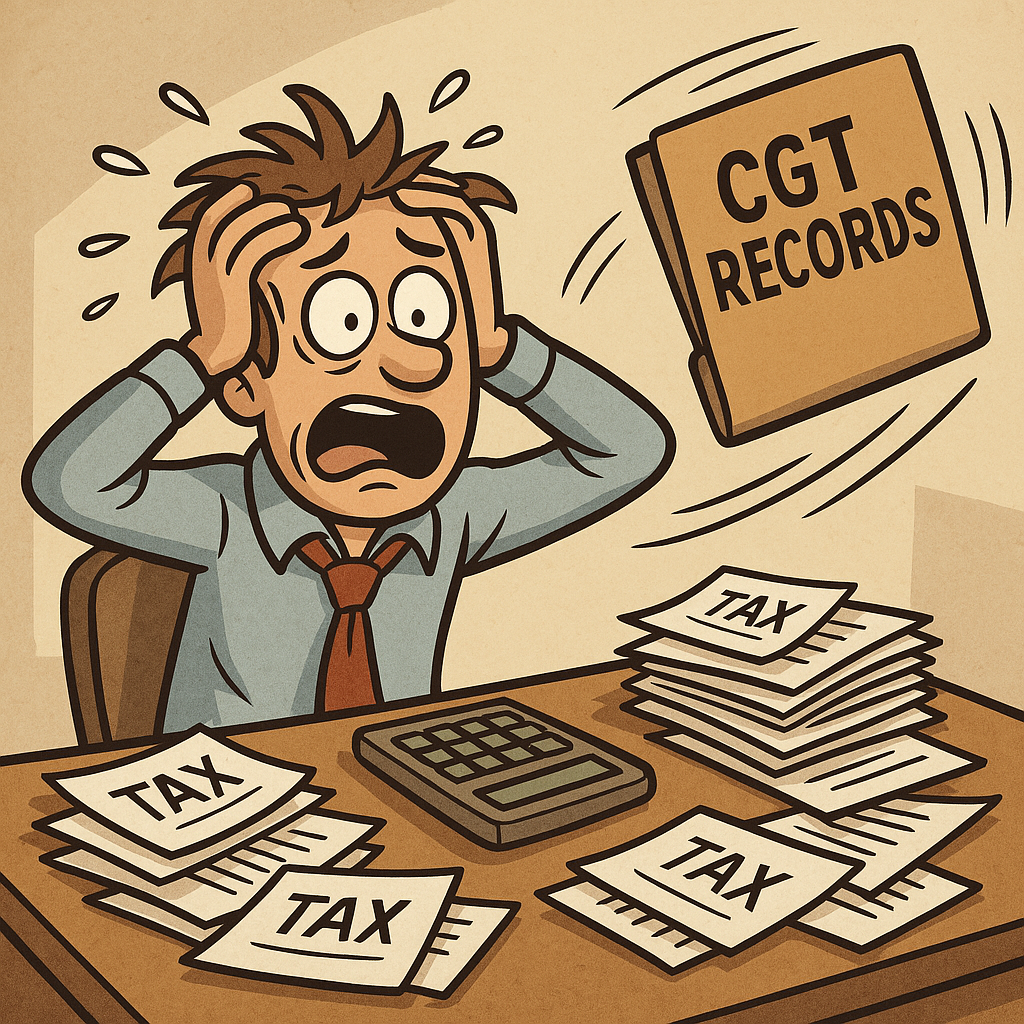What we know so far about payday super
The government has shared more details about its proposed new “payday super” plan, which will start on 1 July 2026.
What is payday super?
Starting in July 2026, employers must pay superannuation guarantee (SG) contributions to their employees at the same time they pay their salary and wages – weekly, fortnightly, or monthly. Currently, employers are legally required to pay their employees’ SG contributions on a quarterly basis.
What this means for employers
All employers, no matter the size, will have to make SG contributions when they pay their workers. This might affect cash flow, especially for small businesses, and could create an extra administrative burden if they don’t have the right systems in place (such as payroll software, etc).
What this means for employees
The goal of payday super is to make SG contributions more transparent and help boost retirement savings. For example, according to the Government, a 25-year-old earning the median income and receiving superannuation could have about $6,000 extra by retirement because of the proposed changes.
Further details announced
The government recently released further policy design details on the payday super measure.
Here’s what we know so far regarding the proposed payday super model:
Super must reach employees’ funds within 7 days of being paid, except for new employees or small, irregular payments.
- For new employees, the timeframe will be 14 days after they commenced employment, and
- SG contributions in relation to small and irregular payments can be made within seven days of the next regular ordinary time earnings (OTE) payment.
Super is still calculated based on an employee’s OTE which includes regular salary and wages but excludes overtime.
If employers don’t pay on time, they will continue to face penalties.
Small businesses will need to find alternative payroll software solutions to pay their employees’ super as the ATO’s small business clearing house will close from 1 July 2026.
Where to from here?
The government is still finalising its payday super plan and aims to introduce legislation soon. As always, we’ll keep you updated on this measure as more information comes to hand.











